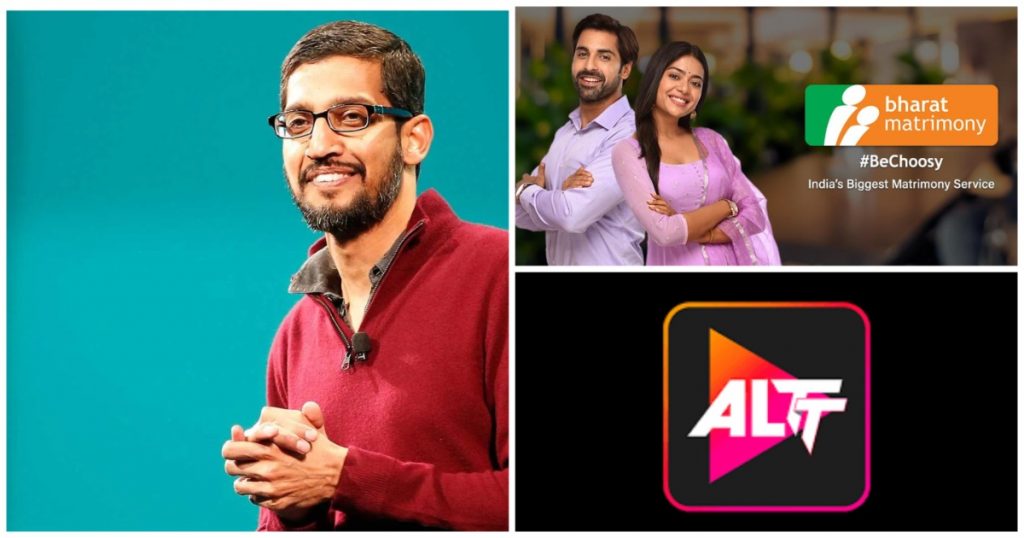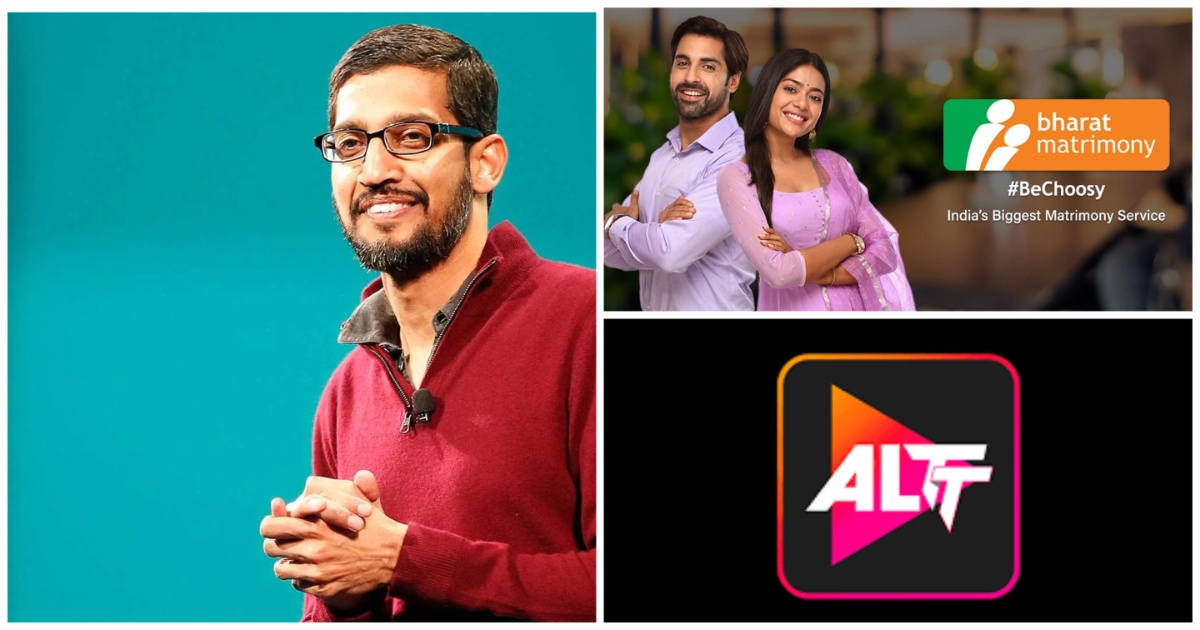Google has cracked the whip in its dispute with several Indian startups over its payment policies.
Google has taken down around 10 Indian apps including Matrimony’s Bharat Matrimony app, Alt Balaji’s Altt app and dating app Quack Quack from its Play Store. These apps had not been paying Google its platform commissions for listing their apps, and had approached the Indian courts for relief. But after the Supreme Court didn’t decisively rule in their favour last month, Google has gone ahead and stared removing these apps from its Play Store.

“For an extended period of time, 10 companies, including many well-established ones, have chosen to not pay for the immense value they receive on Google Play by securing interim protections from court,” Google said in a blogpost. “For years, no court or regulator has denied Google Play’s right to charge for the value and services we provide. On 9 February, the Supreme Court also refused to interfere with our right to do so,” it added.
Bharat Matrimoney CEO Murugavel Janakiraman called Google’s action a “dark day for the India internet”. The company said it was evaluating legal options following Google’s move. Info Edge said that it had begun complying with Google’s policies after the Supreme Court order.
Several Indian companies had voiced their displeasure over Google charging a commission on sales made on apps which were listed on its Play store. This commission could be as high as 30 percent, which hit the bottomlines of dating and matrimony apps, and effectively saw their revenues slashed by that amount. These companies had approached the courts claiming the fees was monopolistic and unfair, and had said that Google was operating as a digital avatar of the East India Company.
Apart from approaching the courts, the Indian startup ecosystem has also tried other ways to circumvent Google’s fees. Paytm had come out with a mini app store a couple of years ago. Just last month, PhonePe had launched its Indus app store which didn’t charge a commission from apps. Google too had appeared to relent in recent times, reducing its fees for smaller apps, and introducing a tiered system of commissions.
But with Google now taking down apps for not complying with its payment policies, the writing might be on the wall for Indian apps — they will likely have no option other than pay the ‘Google tax’ on sales made through their apps. While this will be a drag on India’s entire startup ecosystem, there might yet be a bright spot on the horizon. Entire nations and colonies have been toppled over high taxation — the US was created when it thought that the British were charging its citizens an unjust tax on tea. And being hit with such fees might just give India’s startup ecosystem the fillip it needs to create an alternative app store which challenges — and eliminates — the dominance of Google over its domestic apps.
